Description
Efnisyfirlit
- Cover Page
- Title Page
- Copyright Page
- Brief Contents
- Detailed Contents
- PREFACE
- PART I. SUSTAINABILITY—ESSENTIALS FOR BUSINESS
- Introduction
- What Is Sustainability?
- Sustainability-Related Definitions
- History of the “Green” Movement
- History of Pollution
- Urbanization
- Naturalists and Environmentalists
- John Muir
- John James Audubon
- The Wilderness Society
- Rachel Carson
- Gaylord Nelson
- Ten Myths About Sustainability
- The Case for Being Sustainable
- Profitability
- Linking Profitability to Development
- Competitiveness
- Consumer Loyalty
- Global Warming Concerns
- International Pressures
- Public Exposure
- Greening the Supply Chain
- Minimizing Waste
- However . . . a Note of Caution
- Why Sustainable Strategy?
- Five Stages on the Path to Sustainability
- Triple Bottom Line
- The Importance of Triple Bottom Line
- Chapter Outline
- Conclusion
- Key Words
- Discussion Questions
- Recommended Websites
- PART II. RENEWABLE RESOURCES
- Chapter 1. Air and Climate Issues
- Chapter Overview
- A Primer on Air Pollution
- Pollution Control
- Pollution Effects
- Health Effects
- Heat Island Effect
- Legal Enforcement
- Indoor Air Quality
- Mobile Sources
- Air Quality Index
- Global Sustainability Conferences
- Rio Conference on Sustainability 1992
- Kyoto Protocol
- Johannesburg Earth Summit
- Industry Efforts
- Steel Industry
- Automobile Industry
- Climate and Global Warming
- Evidence for Global Warming
- Arguments Against Global Warming
- Business Implications
- Conclusion
- Key Words
- Discussion Questions
- Recommended Websites
- Chapter 2. Water Issues
- Chapter Overview
- Drinking Water
- Bottled Water
- Water Pollution
- Sewage
- Ocean Pollution
- Florida’s Coastal and Ocean Future
- Overfishing
- Water Scarcity
- Water Conservation
- A City Water Agenda: Chicago
- Water Legislation
- The Clean Water Act
- Safe Drinking Water Act
- State Water Protection
- Water Disasters
- Mismanaged Water: The Story of the Aral Sea
- Oil Spills: Exxon Valdez and British Petroleum
- Katrina
- Thailand—The Tsunami
- Drought of Lake Lanier
- Company Water Policies
- Principles for Building Water Consciousness
- Fourteen Actions You Can Take to Protect Our Water
- Business Implications
- Conclusion
- Key Words
- Discussion Questions
- Recommended Websites
- Chapter 3. Sustainable Agriculture and Food
- Chapter Overview
- Sustainable Agriculture
- Organic Farming
- Buy Local
- What We Eat
- Chicken Surpasses Beef
- Consumption in Canada
- Where’s the Beef?
- Organic Beef
- Afowl of Fowl
- The Omnivore’s Dilemma
- Food, Inc.
- Monsanto
- Diet and Health
- Malnutrition
- Sustainability at Food Companies
- McDonald’s
- Cargill
- Kraft Foods
- Wal-Mart
- Whole Foods
- Starbucks
- Conclusion
- Key Words
- Discussion Questions
- Recommended Websites
- Chapter 4. Forests, Wildlife, and Biodiversity
- Chapter Overview
- The Spotted Owl Controversy
- The Rain Forest
- Forest Management
- Types of Tree Harvesting
- Sustainable Forestry
- Forest Ethics
- Urban Forests
- Business and Wood
- Paper Use
- The Wilderness
- The Wilderness Society
- Managing Biodiversity
- Special Species
- Causes of Extinction
- Why Should We Care?
- Reintroduction of the Wolves
- The Silence of the Bees
- Biodiversity Action Plans
- Deep Ecology
- Estuary Protection
- Business Implications
- Conclusion
- Key Words
- Discussion Questions
- Recommended Websites
- Chapter 5. Alternative Clean Energy and Fuels
- Chapter Overview
- The Need for Clean Energy
- Conventional Sources of Energy
- Coal
- Oil
- Natural Gas
- Nuclear
- An Overview of Renewable Energy
- Solar Energy
- Newer Technologies
- Advantages of Solar Energy
- Challenges of Solar Energy
- Business and Global Implications
- Wind Energy
- Advantages of Wind Energy
- Challenges of Wind Energy
- Business and Global Implications
- Hydropower
- Advantages of Hydropower
- Challenges of Hydropower
- Business and Global Implications
- Plant-Based Energy
- Biomass
- Crop-Based Fuels
- Challenges of Crop-Based Fuels
- Business and Global Implications
- Other Sources of Renewable Energy and Fuel
- Geothermal
- Oceanic Energy
- Hydrogen and Hydrogen Fuel Cells
- Viable Options for Businesses Today?
- Conclusion
- Key Words
- Discussion Questions
- Recommended Websites
- PART III. STAKEHOLDER INTEREST AND CHOICES
- Chapter 6. Sustainability Strategies and Frameworks
- Chapter Overview
- Why Sustainable Strategy?
- Sustainable Value Creation
- Global Drivers of Sustainability
- Ladder of Sustainability
- Players Within the Organization
- Natural Capitalism
- Natural Step
- Four System Conditions for Sustainability
- The Funnel
- Strategies for Action
- Industrial Ecology
- Systems Analysis
- Material and Energy Flows and Transformations
- Multidisciplinary Approach
- Analogies to Natural Systems
- Linear (Open) Versus Cyclical (Closed) Loop Systems
- Examples of Industrial Ecology
- Life Cycle Assessment
- Cradle to Cradle and Biomimcry
- Cradle to Cradle
- Biomimicry
- Environmental Stewardship and Sustainability Environmental Protection Agency’s
- Approach to Environmental Stewardship
- Tools for Sustainability
- Environmental Management System
- Total Quality Environmental Management
- Sustainable Value Stream Mapping
- Sustainable Operating System
- Sustainability Balanced Scorecard
- Conclusion
- Key Words
- Discussion Questions
- Recommended Case Studies
- Recommended Websites
- Chapter 7. Role of the Consumer
- Chapter Overview
- Limits to Consumption
- Global Drivers
- Link to Earth’s Ecosystems
- Ecological Impact
- Consumption Choices
- Food and Drink
- Housing
- Clothing
- Transportation
- Role of Consumers
- Barriers to Change
- Ecological Footprint and Carbon Footprint
- Role of Business
- Innovation
- Choice Influencing
- Marketing and Advertising
- Choice Editing
- Future of Consumption
- Conclusion
- Key Words
- Discussion Questions
- Mini Case Carbon Footprint
- Mini Case Questions
- Recommended Websites
- Appendix
- Chapter 8. Role of the Corporation
- Chapter Overview
- The Chrysalis Economy
- Corporate Locusts
- Corporate Caterpillars
- Corporate Butterflies
- Corporate Honeybees
- Sustainability Is More Than Green
- Corporate Social Responsibility
- Definition
- History of Corporate Social Responsibility
- Phases of Corporate Social Responsibility
- Making the Case for Corporate Social Responsibility
- Relevance of Corporate Social Responsibility
- Key Corporate Social Responsibility Areas
- Corporate Social Responsibility Policies
- Benefits of Corporate Social Responsibility
- Challenges of Corporate Social Responsibility
- Green, Sustainable Supply Chains
- Align the Green Supply Chain With Business Goals
- Use the Green Supply Chain to Improve Processes
- Green Suppliers and Material Refurbishment
- Ten Steps to Create a Sustainable Supply Chain
- Facility Design, Equipment, and Systems
- Logistics and Transportation
- Green Procurement
- A Business Case for Sustainability
- Conclusion
- Key Words
- Discussion Questions
- Recommended Case Studies
- Recommended Websites
- Chapter 9. Role of Governments and Non-Governmental Organizations
- Chapter Overview
- Role of Governments
- Changing Role of Governments
- Policy Instruments
- Role of the Environmental Protection Agency
- List of Environmental Protection Agency Programs for Sustainability
- Local Governments for Sustainability
- Non-Governmental Organizations
- Definition
- History of the Non-Governmental Organizations Movement
- Funding
- Numbers and Budgets
- Growth in Power
- Role of Non-Governmental Organizations
- Social Development
- Sustainable Community Development
- Sustainable Development
- Sustainable Consumption
- Business Partnerships
- Caveats
- Environmental Non-Governmental Organizations
- Role of Environmental Non-Governmental Organizations
- The Split: From Two Groups to Five
- Blessed Unrest
- Conclusion
- Key Words
- Discussion Questions
- Recommended Case Studies
- Recommended Websites
- Appendix
- PART IV. STRATEGIES FOR A SUSTAINABLE FUTURE
- Chapter 10. Transparent Reporting, Measurement, and Standards
- Chapter Overview
- Reporting
- Why Companies Report on Sustainability Performance
- Benefits of Sustainability Reporting
- Why Companies Do Not Report on Issues
- Global Reporting Initiative
- Who Reports, and Why?
- Benefits of Global Reporting Initiative
- Limitations of Global Reporting Initiative
- The Occupational Safety and Health Administration and the Voluntary Protection Program
- The Environmental Protection Agency’s Voluntary Disclosure Programs
- International Organization for Standardization Standards
- ISO 14001
- ISO 14025
- ISO 14040
- ISO 14064
- ISO 26000: Social Responsibility
- UN Global Compact
- Ten Principles
- Other Standards and Registries
- Ceres
- World Business Council for Sustainable Development
- Corporate Register
- Carbon Disclosure Project
- Dow Jones Sustainability Index
- Corporate Knights Global 100
- Caveats of Reporting
- Conclusion
- Key Words
- Discussion Questions
- Recommended Case Studies
- Recommended Websites
- Appendix
- Chapter 11. Carbon Markets: Offsets and Standards
- Chapter Overview
- Carbon Footprint
- Carbon Neutrality
- Two Basic Options
- Kyoto Protocol
- Carbon Offsets
- Rationale
- Principal Types
- Carbon Footprint Calculator
- Carbon Offset Examples
- Market Performance Criteria
- Standards for Offsets
- Examination of Offset Providers
- Conference of the Parties (COP17) Durban
- Implications for Carbon Markets
- Conclusion
- Key Words
- Discussion Questions
- Recommended Websites
- Appendix
- Chapter 12. Designing Sustainable Cities and Communities
- Chapter Overview
- A City Sustainability Portfolio
- Los Angeles
- Salt Lake City
- Denver
- Phoenix
- Boston
- New York City
- Atlanta
- Washington, D.C.
- San Francisco
- Portland
- New Orleans
- SustainLane’s U.S. City Rankings
- London
- Paris
- Hong Kong
- Montreal
- Vancouver
- Mexico City
- Mumbai
- Johannesburg
- Curitiba
- Auckland
- Melbourne
- The Ten Dirtiest Cities in the World
- Businesses Implications
- LEED Certification
- Conclusion
- Key Words
- Discussion Questions
- Recommended Websites
- Chapter 13. Green Marketing
- Chapter Overview
- Green Marketing
- Paths to Develop Sustainable Products
- The Rules of Green Marketing
- Greenwashing
- The Seven Sins of Greenwashing
- Green Marketing Segments
- The Ogilvy Earth Handbook
- Planning Your Approach
- Developing Communications
- Launching and Beyond
- Corporate Examples
- Burt’s Bees
- McDonald’s
- Amtrak
- Whole Foods
- REI
- Wal-Mart
- Best Buy
- Abt
- Fifty Years of Green Marketing
- Ecotourism
- The Federal Trade Commission Environmental Standards
- The General Principles
- Business Implications
- Conclusion
- Key Words
- Discussion Questions
- Recommended Websites
- APPENDIX: GREEN JOBS
- REFERENCES
- INDEX
- ABOUT THE AUTHORS

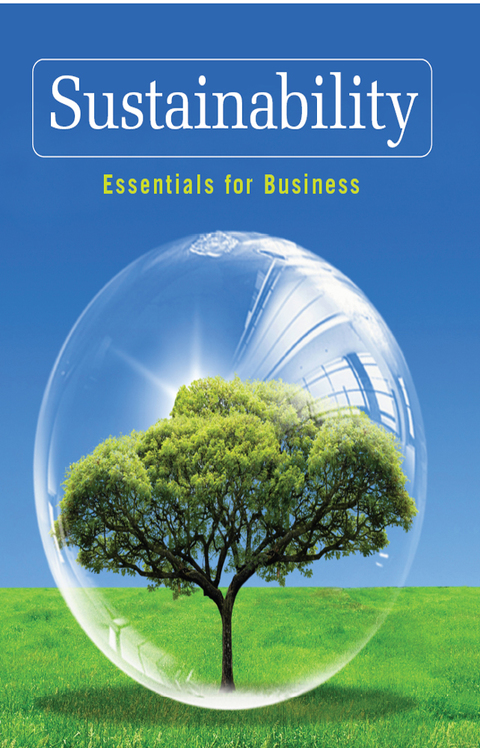
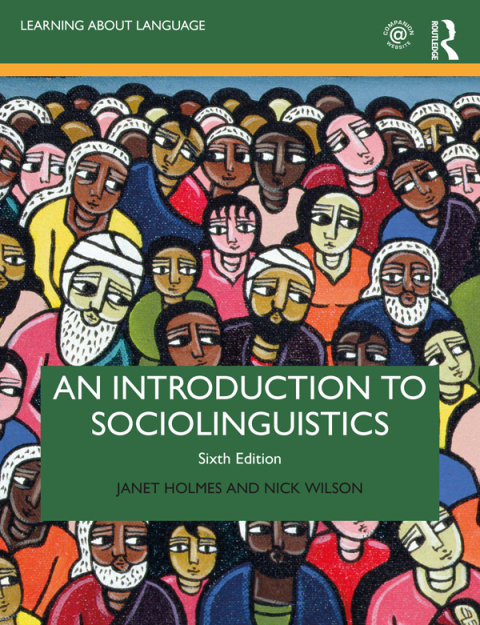
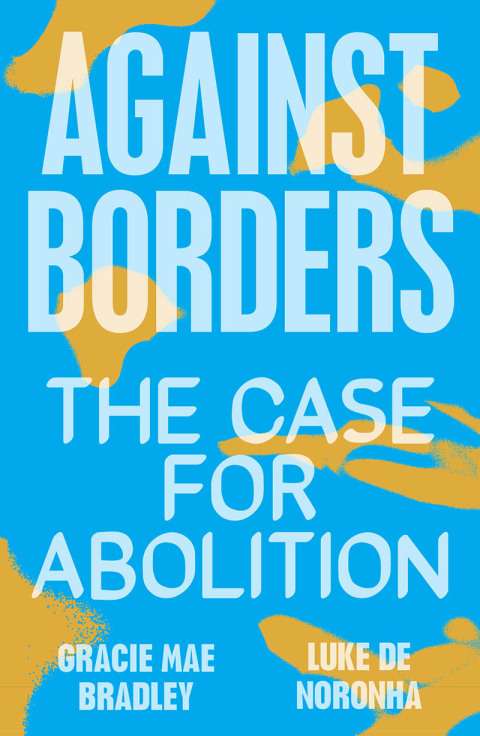
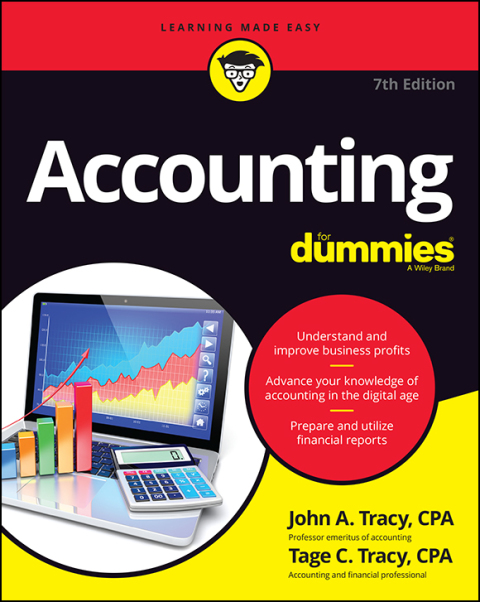

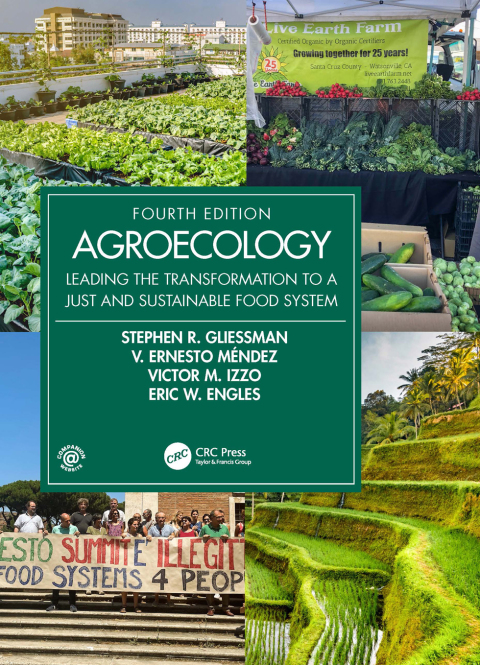
Reviews
There are no reviews yet.